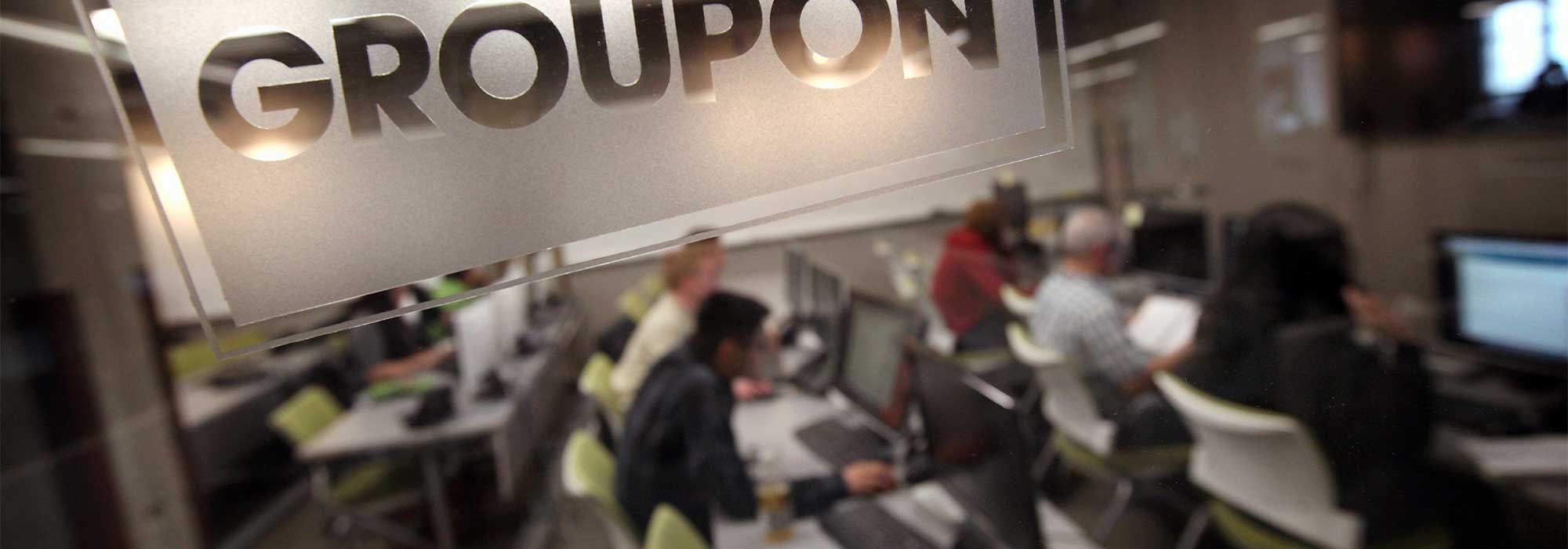
What's the Secret Success of Groupon?
If you have never heard of Groupon recently, you probably are not working in the tech industry because it is all over the blogosphere. After all, growing from zero to US$1.35 billion valuation in 18 months is pretty AMAZING.
So what are their secret weapons? What are they doing right? How are they gaining customers at such a rate? Let’s take a look.
Crystal Clear Value Proposition
Groupon’s goal is clear: help introduce people to your business. Each coupon on the site has a predetermined minimum. If not enough people sign up for the deal to take effect, neither Groupon nor the business makes any money. Groupon makes money by getting a cut of these promotions from the retailers.
According to Jeremy Liew from Lightspeed Venture Partners, Groupon went from around US$100,000 in revenue in Jan 2009 to around US$10 million in revenue in Jan 2010 – a 100X increase in just twelve months.
When many retailers are struggling to survive in this economy, Groupon has become their savior. According to Andrew Mason, Groupon’s founder and CEO, nearly all of their deals have succeeded so far. And there is currently a 120 deals waiting list in Chicago alone. As you can tell, Groupon uses collective buying to create a win-win for local businesses and their customers. No wonder so many merchants are eager to participate.
Built Virality inside the Product

Since each deal is only good for one day, it creates a sense of urgency for the users and make them feel excited.
Obviously, users want to make sure the minimum is hit. What can they do? Tell their friends. Groupon takes that social component to the next level through Facebook Connect and Twitter, inviting a user’s entire network to get in on the deal.
Their user acquisition costs? Zero.
Groupon also invested a lot resources on customer service, from our help line to quick online response to customer issues. So customers are happy and continue to help Groupon reach new heights.
Alternative to Traditional Advertising for Local Businesses
Andrew wants people to treat Groupon like “a city guide that offers promotions“. He wants to help people have fun in the city and save money using the tremendous power of group buying.
In order to do so, they have to work with retailers to create attractive deals. Like the founder said:
We help businesses navigate the new world of social media and Internet marketing in an approachable, creative way. An appearance on Groupon validates these businesses as a cool part of their community.
For local business owners, Groupon has become an alternative to traditional advertising, where they pay up front and hope for the best. In this new platform, these promotions are like a whole new form of local advertising, where merchants only have to pay for REAL result.
Moreover, because of those unbelievable prices, customers will purchase something they’ve always wanted to try but never had the chance, bringing a flood of new customers to local businesses, at least some of them will hopefully get hooked and become loyal clients eventually.
Negative Working Capital
In accounting:
Working Capital = Current Assets – Current Liabilities
It is the amount of money that a business needs to stay in business. According to Business Insider:
Some businesses have negative working capital: they get money from sales before they pay suppliers.
For companies like Walmart and Amazon, they actually need no working capital because they negotiate deals in such a way that they only pay for things after 1-3 months. Most of the time, the stuff they buy is long sold by then. And people who go to Walmart to buy stuff will pay immediately, which means that Walmart is actually sitting on a pile of cash that it really does not need. So they can pay their debt slowly or use the extra cash for investment.
These businesses basically are financed by their customers. Negative working capital is a tremendous thing to have in a business. Apparently, Groupon has a large negative working capital (4 million Groupons have now been sold already). They first charge users upfront, take a cut and pay merchants back later. This is one of the reasons why Groupon is such a great business.
What’s your opinion? What makes Groupon such an attractive investment to VC? Let us know in the comment area.
*UPDATE: One of our readers asked what caused the visit jump from a hundred thousand or so to 2 million in mid 2009.
*ANSWER: Good question! Groupon originally operated only in Chicago, New York City, Boston, Washington, D.C., Los Angeles, and San Francisco. They started to launch to other cities in mid 2009, like Atlanta, Denver, Dallas, San Diego, Phoenix and Seattle…etc, more than 20 cities by the end of 2009.
*CORRECTION: Oops! It seems my answer is not correct. Andrew, the founder of Groupon, just told us the real answer in the comment section. “mid-2009 traffic jump: we used to be groupon.thepoint.com; that’s when we changed to groupon.com”. Thanks a lot, Andrew!
**UPDATE 2: One of our readers asked how Groupon has managed to distance themselves from the pack.
**ANSWER: And he got the answer from Andrew directly on Twitter! His answer, “customer service, copywriting, etc… all the little things you put time into when you care about more than making a quick buck”.
Stay in touch
Hi, I'm Vincent Chan. I work on product, design and growth at startups. After one failed attempt, I'm still inspired to build a lasting company some day. This blog covers the lessons and failures that I've learned along the way.